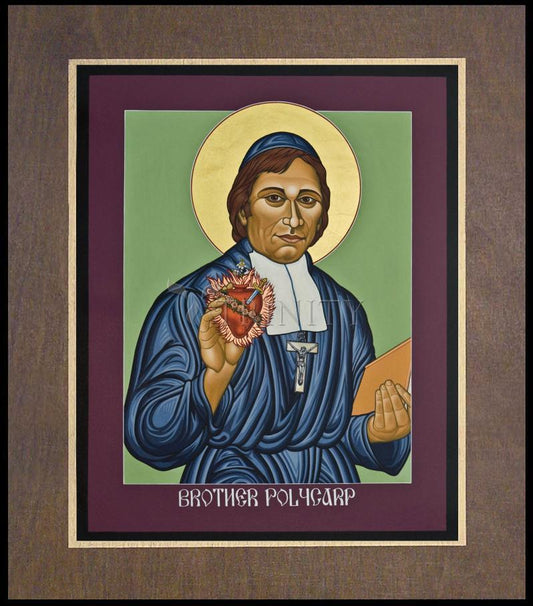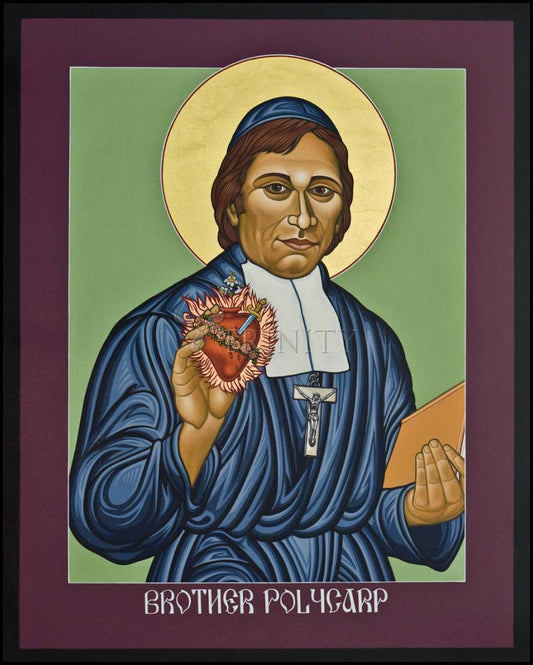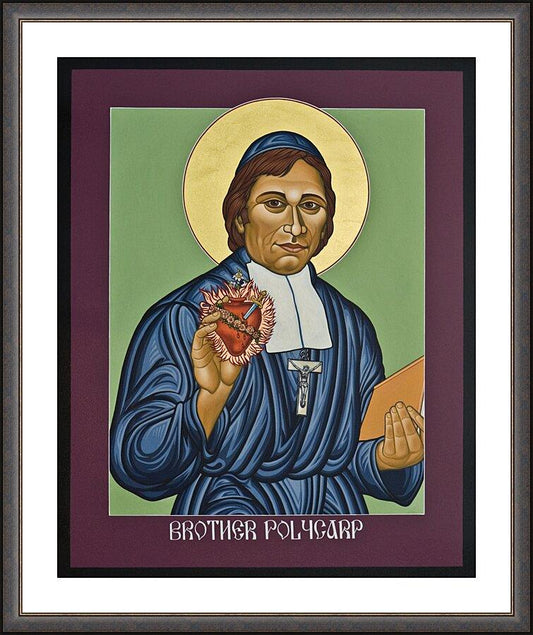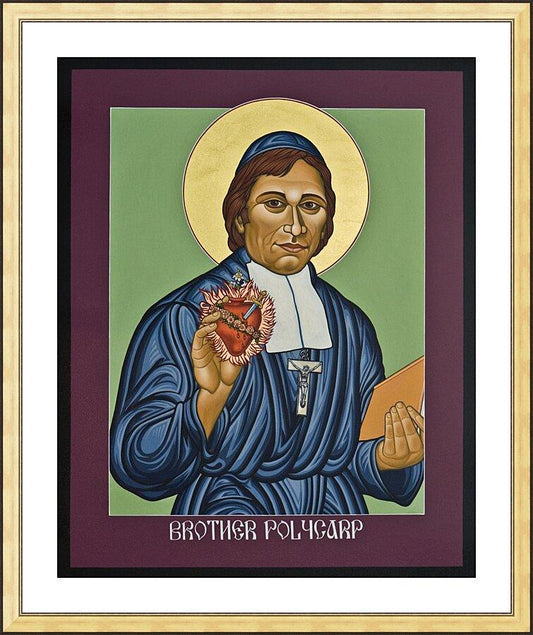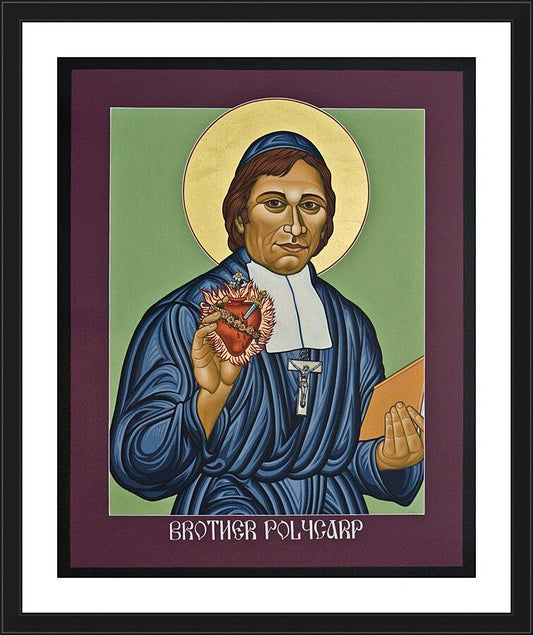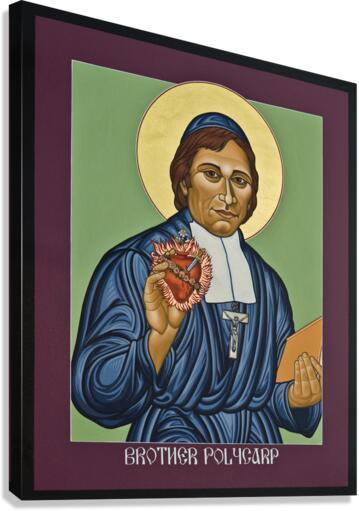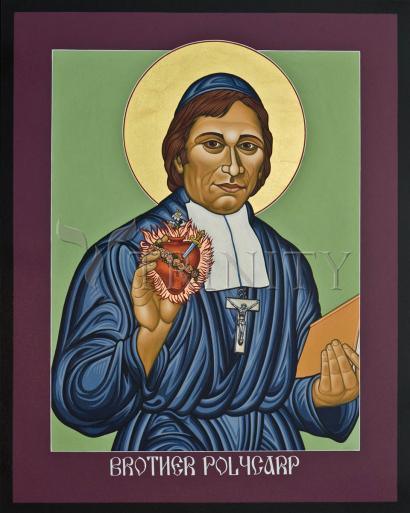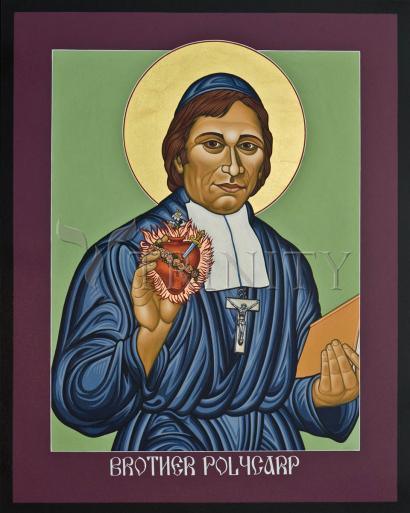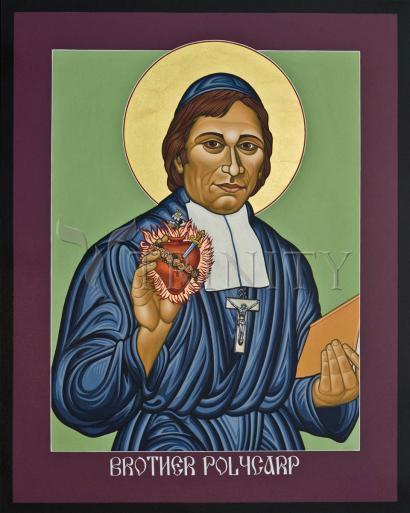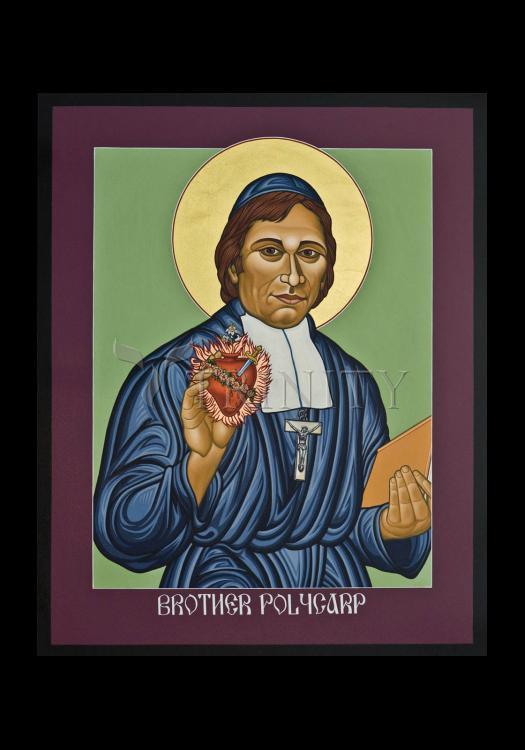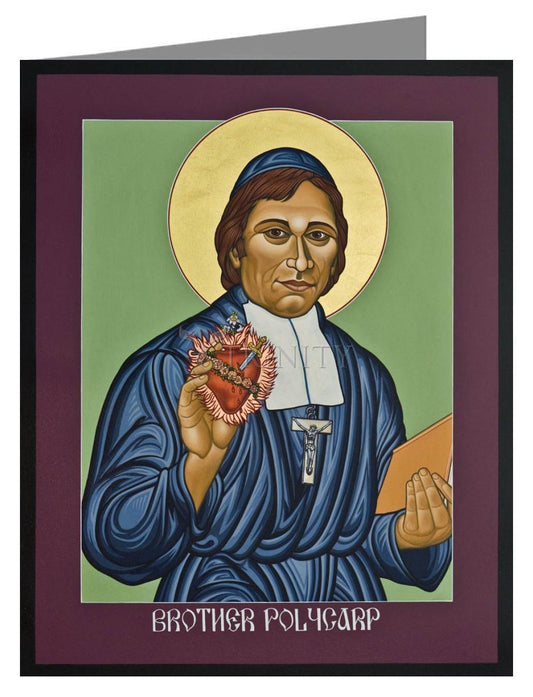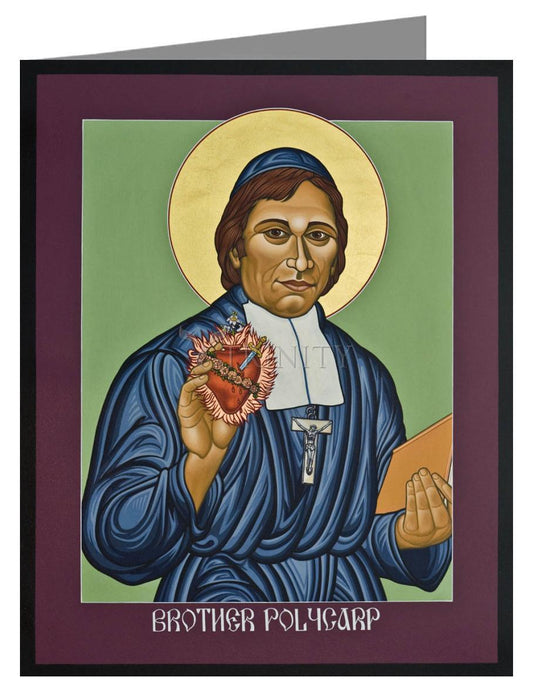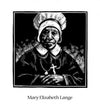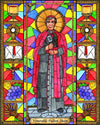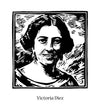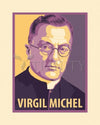2nd founder" of the Brothers of the Sacred Heart
In the preamble to the rule of life, the congregation for institutes of the consecrated life says, "through the faithful observance of this renewed rule, the Brothers of the Sacred Heart might live according to the example of their founder and their first superiors general, in particular the venerable Brother Polycarp, and in so doing, continue to spread in the world the fire of redeeming love whose source is the heart of Christ" and thus Brother Polycarp is indeed set before us as a model.
In approving our rule of life the church teaches us that the life of a brother of the sacred heart is a means to union with God and with our brothers in Christ; and in our rule, it does not hesitate to put forward Brother Polycarp as a model for us.
The church, we all know, has declared Brother Polycarp venerable and by this decree and relying on its privilege of infallibility, it has declared that Brother Polycarp lived a saintly life and that we cannot err in addressing our prayers to him. By declaring him venerable, the church has given us the certainty that we are an institute grafted on a trunk which has produced the fruit of authentic holiness. This gives us the assurance that our life as Brothers of the Sacred Heart constitutes a path that can lead to holiness, and the proof is that one of our own, Brother Polycarp has been recognized by the church.
Brother Polycarp, we are told was a more interior man, more concerned with the spiritual and community life of the brothers. His form of reprimand for example was subtle as it was terse. He usually favored methods and words which were gentle and appealed to the heart, such as, "My dear child, my well-beloved brother, or you know you mean the world to me," to motivate them to a better attitude.
It is reported that he worked tirelessly for the institute, giving his very life for it, as he wrote in 1856: "my dear brothers, nothing is dearer to me than the interests of the congregation to which I have dedicated myself completely."
The decree of the heroicity of the virtues of venerable Brother Polycarp pronounced by his holiness John Paul II in 1984, assures us that he lived as a saint. In the words of Msgr. Pappa, "this conviction is no longer a matter of opinion, personal or collective; nor is it merely the fruit of the admiration in which those who wrote his biography might have held him. This conviction is born from the fact that the church itself, by a decree endorsed by the authority of the sovereign pontiff affirms definitively, that during his life, Brother Polycarp was genuinely and constantly heroic in his practice of all the virtues."



